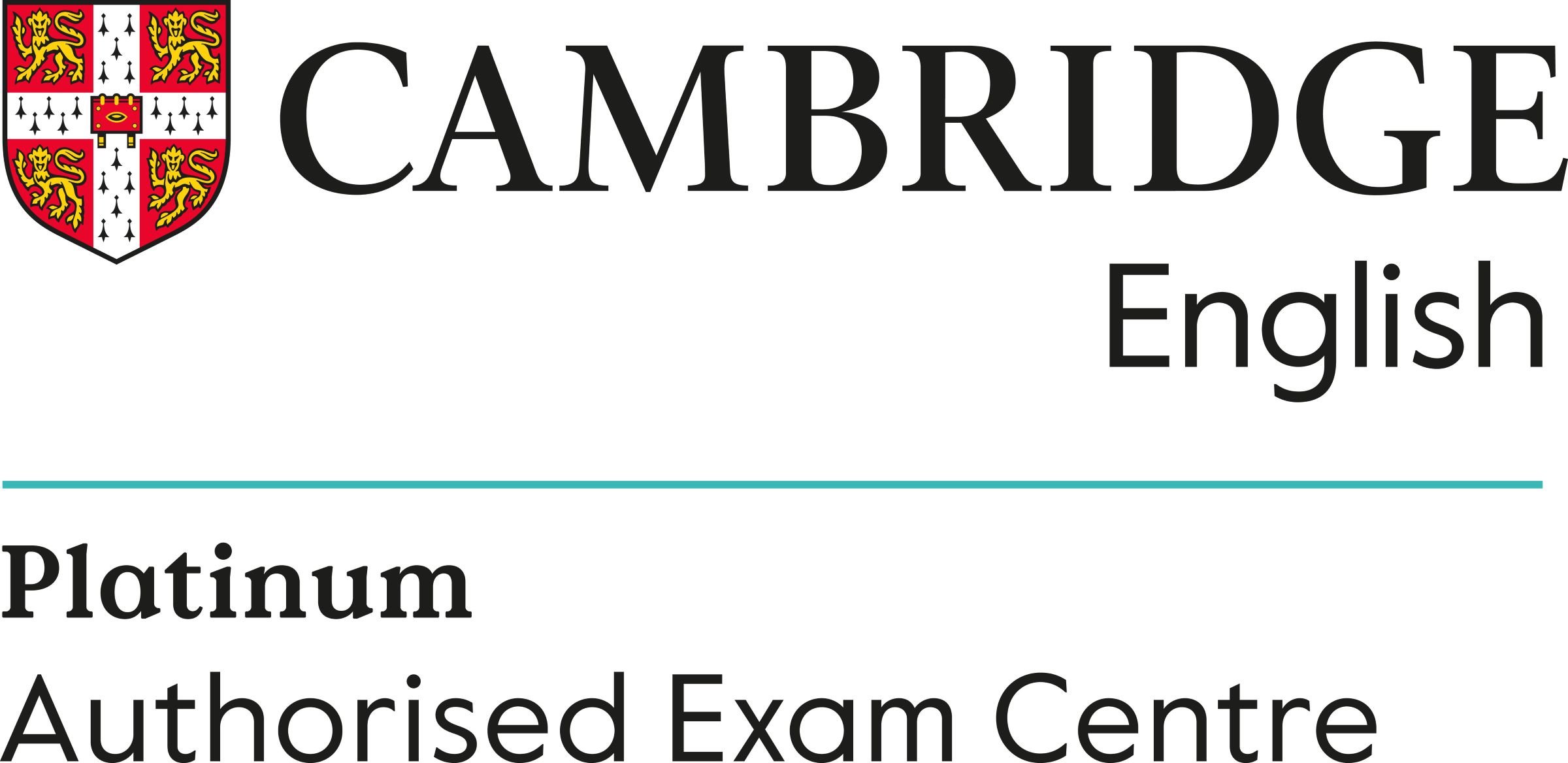Difficulty of the exam
This exam is set at level C1 - the level for academic and professional purposes. By preparing for the Advanced exam, students will gain practical skills such as the ability to:
- follow and understand academic courses in English at university level
- communicate effectively at a managerial and professional level
- actively participate in workshops or academic lectures and seminars
- conduct complex and demanding research
- express yourself with a high degree of fluency
- respond appropriately in different cultural and social situations
-
Why take the C1 Advanced exam?
- Each candidate receives a written report showing the results achieved in each part of the examination. If you pass the exam, you will receive a Cambridge English Language Assessment certificate that is valid for life.- Many institutions in the Czech Republic and abroad require or accept the C1 Advanced (CAE) certificate:
list of educational institutions in the Czech Republic
list of companies in the Czech Republic -
Content of the exam
Reading and Using English (90 minutes)
This part of the exam tests the ability to understand texts of various types, e.g. from newspapers, magazines, leaflets and information brochures. Candidates should be able to work with the text - to navigate through it, to understand the main ideas and details, to look for specific information, to understand the attitude of individual characters to the issues described and to infer meanings not immediately apparent. The tasks in this part of the exam take the form of selecting one of several answers offered, filling in the gaps and constructing parts of texts. This part of the examination also tests the candidate's knowledge of grammar and vocabulary (phrases and phrasal phrases, shades of meaning, phrasal verbs, etc.) by translating word types in the text, selecting an appropriate word from the given options or not selecting an option, and transforming words, phrases and sentences.
Reading and Use of English accounts for 40% of the total score.Writing (90 minutes)
Candidates will write two texts, both between 220 and 260 words. The first text is in the form of an essay on a fixed topic. For the second text, candidates can choose from a number of options, such as a letter or email, a proposal, a report and a review.
Writing accounts for 20% of the total score. Both texts have an equal share.Listening (40 minutes)
This part of the exam tests the ability to understand spoken language in different situations and to grasp not only the main ideas but also detailed information. Recordings can be excerpts from conversations, lectures or reports in different accents. The questions take the form of selecting one of the given answers or filling in the gaps in the text.
Listening accounts for 20% of the total score.Speaking (15 minutes)
This part tests the candidate's ability to communicate with a partner, to express and defend his/her opinion or to find a compromise. This part of the examination involves two examiners and two examinees.
The first stage of the exam focuses on general conversation on topics such as family and leisure. In the second part, both candidates are given pictures to describe and compare for about 1 minute. After each candidate's description, the second examinee is asked to answer a short question related to the topic described. The third stage is a task that both examinees solve together based on a short text prompt and instructions received from the examiner. The fourth and final stage involves further discussion between the examinees, guided by questions from the examiner on topics or issues raised in the third stage.
Speaking accounts for 20% of the total score. -
Rating
Since January 2015, a new, clearer and more accurate system of presenting exam results has been in place: Cambridge English Scale.
In order to pass the exam, you need a score of at least 180 (about 60%) after averaging the scores from all parts of the exam. Candidates who achieve a total score of 160-179 (about 45-59%) will still receive a B2 level certificate.
Cambridge English Scale: Advanced (CAE) Grade CEFR Level 200 - 210 Grade A C2 193 - 199 Grade B C1 180 - 192 Grade C C1 160 - 179 Level B2 B2 Check out the links below for more information:
Cambridge English Scale - VIDEO
Cambridge English Scale Chart for Advanced (CAE)
Cambridge English Scale Chart
Cambridge English Scale explained - Information materials and sample test


